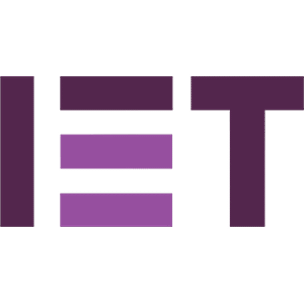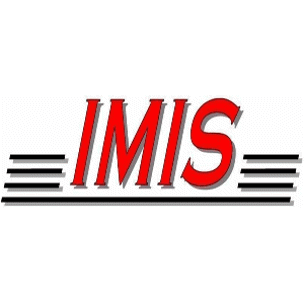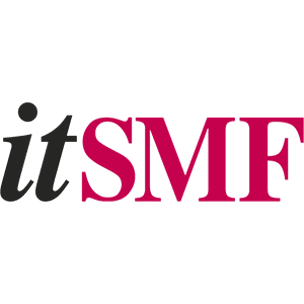What is SFIA?
SFIA (Skills Framework for the Information Age) is a suite of skills descriptions that provide benchmarked competencies for job roles and job families in the fields on information management, systems and services. Role-based skills profiles provide consistent and achievable targets for personal development and career progression.
SFIA identifies and describe over 100 skills and 7 levels of competency for each. SFIA is unique in defining skill levels in terms of increasing responsibility, rather than simply depth of expertise. Each level is described in detail, capturing the degree of autonomy, influence, complexity and breadth of vision, all of which increase from lower to higher levels.
|
PROFESSIONAL ROLE |
SFIA LEVELS |
ORGANISATIONAL ROLE |
|
Practice lead
|
7. Set strategy, inspire, mobilise |
Senior management
|
|
6. Initiate, influence |
||
|
Subject specialist |
5. Ensure, advise |
First-level management |
|
4. Enable |
Team leader |
|
|
Skilled professional |
3. Apply |
Experienced team leader |
|
On learning curve |
2. Assist |
On learning curve |
|
1. Follow |
The skills framework helps organisations to manage resources effectively, identify skills shortfalls and develop learning plans. Individuals can gauge their own skills against those required for a target role profile to plan their career developments.
The whole framework is organised into 6 categories, which reflect the diversity of skills:
Strategy and Architecture
Change and Transformation
Development and Implementation
Delivery and Operation
Skills and Quality
Relationships and Engagement
How QA works with you to implement SFIA
QA provides a range of SFIA-related services to global, national and regional clients. Our collaborative approach, as illustrated, ensures that investment in learning delivers sustainable business benefits by raising capability.
The service includes senior management briefing and engagement, a practical workshop for line managers, developing of SFIA-based role profiles, managers working one-to-one with QA consultants on professional, technical and interpersonal skills, validation of profiles by head of functions, individual skills development reviews (one-on-one reviews with manager) or online assessment options (validated self-assessment skills gap analysis), and individual and departmental learning plans.
“By mapping the learning and development plan to our own role framework and to SFIA, we are developing our people not only to succeed in their role within Colt, but also in the wider IT industry.”
Nicki Talbot Senior Learning and Development Manager, Colt ISU
SFIA briefings and training
QA also offers one-day or half-day workshops on managing skills using SFIA. In these sessions, managers will:
Learn the principles of the SFIA Framework
Understand how SFIA levels correspond to their own roles and grades
Practice creating role profiles and using these to plan skills development
Alignment of QA’s learning solutions to SFIA
Over 1,000 QA courses have been mapped by a SFIA expert to specific skills and levels to create a focused portfolio of learning solutions, meaning once you have applied the SFIA framework, you can easily choose the best from QA’s range.
Who owns SFIA?
SFIA is independent of vendors, software products, standards or methodologies, so the skills are reusable and portable across technologies and businesses. SFIA is governed by the SFIA Foundation, a group of respected and non-commercial industry bodies:
- The Chartered Institute for IT (BCS)
- The Institute of Engineering and Technology (IET)
- The Institute for the Management of Information Systems (IMIS)
- The IT Service Management Forum (itSMF)
The SFIA Council, which is made up of user organisations and skills services companies, meets regularly with a SFIA Foundation representative to review patterns of usage and plan future changes.
QA is a SFIA Accredited Partner and is represented on the SFIA Council.

To find out more, speak to your account team or call 0345 757 3888 or mail info@qa.com

The Chartered Institute for IT (BCS)

Institute of Engineering and Technology (IET)

Institute for the Management of Information Systems (IMIS)

IT Service Management Forum (itSMF)
